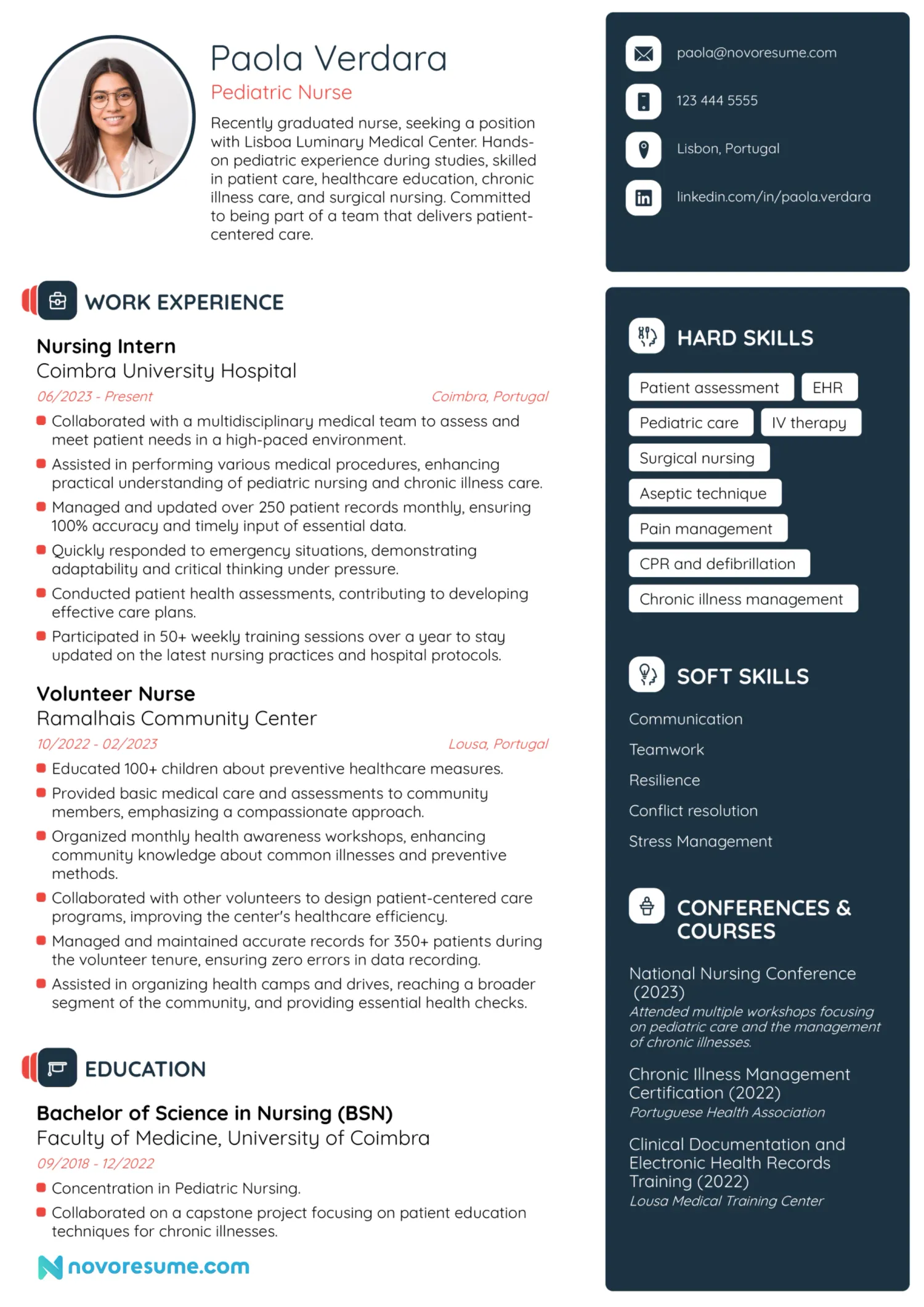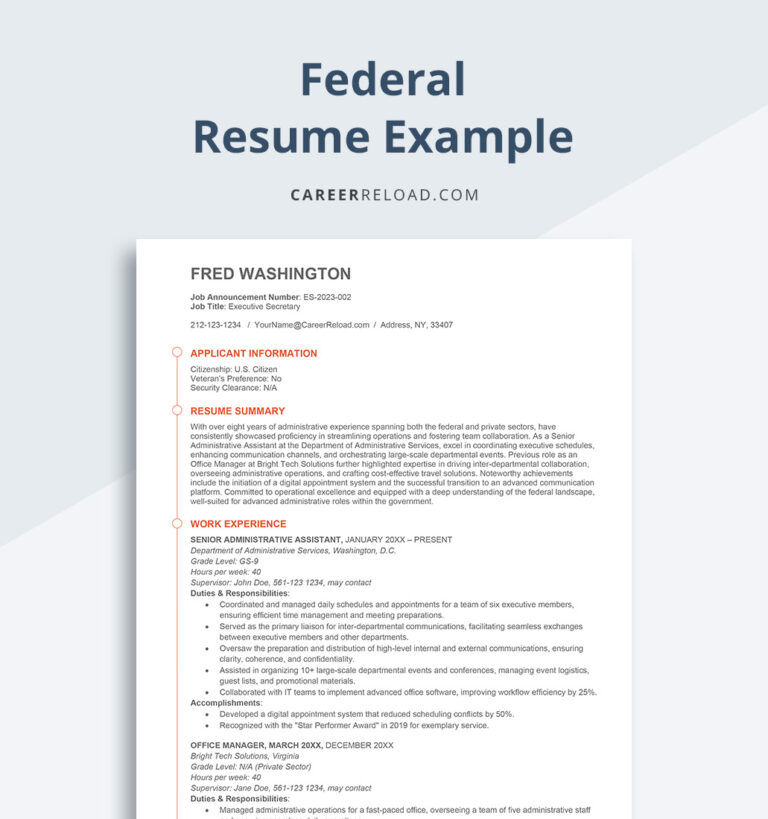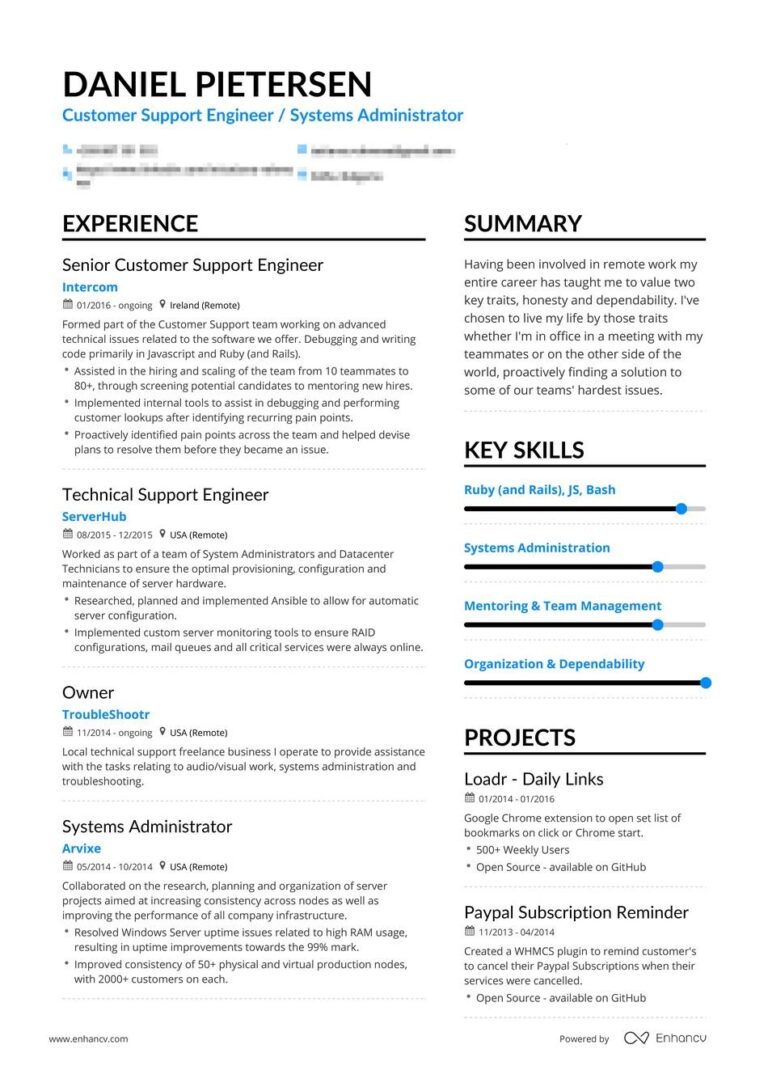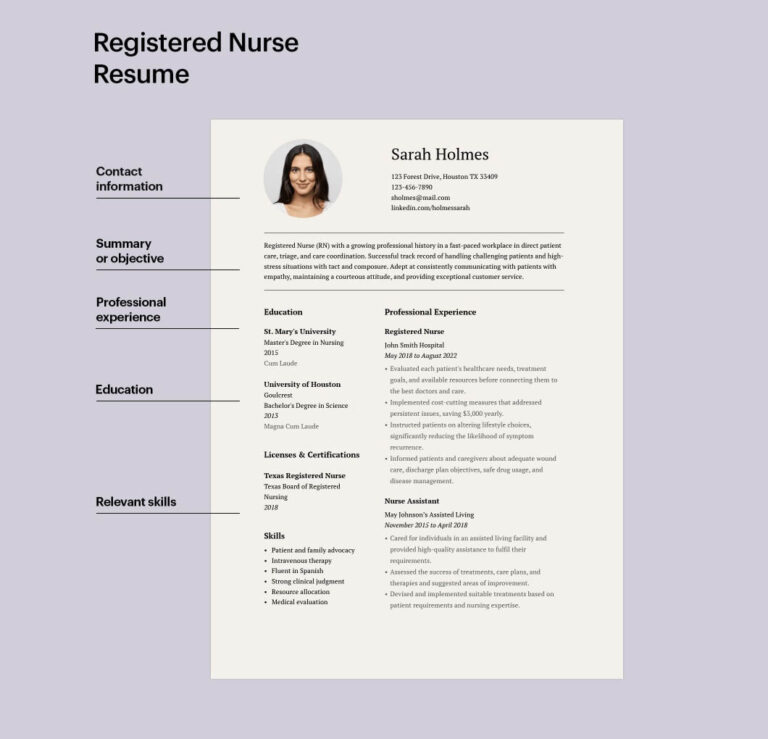New Graduate RN Resume Template: A Comprehensive Guide to Crafting a Standout Resume
Navigating the job market as a newly minted Registered Nurse can be a daunting task. A well-crafted resume is your golden ticket to landing your dream nursing position. This comprehensive guide will provide you with a step-by-step roadmap to create a New Graduate RN Resume Template that will showcase your skills, experience, and passion for nursing.
In this guide, we’ll delve into the essential elements of a compelling resume, from crafting a captivating introduction to showcasing your clinical experiences and highlighting your professional affiliations. Whether you’re applying for your first nursing role or seeking to advance your career, this guide will empower you to create a resume that will make a lasting impression on potential employers.
Resume Overview
A resume template is a valuable tool for new graduate RNs seeking employment in the healthcare industry. It provides a structured and professional format to showcase your skills, experience, and qualifications.
Tailoring your resume to each job application is crucial. Carefully review the job description and identify the key requirements. Highlight your relevant skills and experiences that align with the position’s responsibilities. By tailoring your resume, you increase your chances of impressing potential employers and securing an interview.
Content
Contact Information

Ensure your contact information is up-to-date and easily accessible to potential employers. It should include your full name, address, phone number, and email address.
Use a professional email address that reflects your name, such as [email protected]. Avoid using personal email addresses like [email protected].
LinkedIn Profile
Include a link to your LinkedIn profile, as it is a great way for employers to learn more about your professional experience and skills.
Education
Showcase your nursing qualifications and relevant coursework to demonstrate your academic foundation and preparation for the nursing profession.
Highlight your GPA, honors, and certifications to provide evidence of your academic achievements and professional development.
Nursing Education
- Include your nursing degree (e.g., Bachelor of Science in Nursing, Associate Degree in Nursing) and the institution where you obtained it.
- Mention the year of graduation and your GPA (if it is high).
- List any honors or awards you received during your nursing program.
Relevant Coursework
- Highlight coursework that is directly related to nursing practice, such as:
- Nursing Fundamentals
- Medical-Surgical Nursing
- Pediatric Nursing
- Obstetrics and Gynecology Nursing
Certifications
- List any nursing certifications you have obtained, such as:
- Basic Life Support (BLS)
- Advanced Cardiac Life Support (ACLS)
- Pediatric Advanced Life Support (PALS)
Experience
Showcase your clinical rotations, internships, and volunteer work to highlight your practical experience in the healthcare setting. Quantify your accomplishments using specific metrics and employ action verbs to demonstrate your contributions.
Clinical Rotations
– List the clinical rotations you completed during nursing school, including the unit or department and the duration of each rotation.
– Highlight your responsibilities and the skills you developed during each rotation.
– Quantify your accomplishments, such as the number of patients you cared for or the procedures you performed.
Internships
– Describe any internships you held in a healthcare setting.
– Explain your role and responsibilities, and the skills you gained during the internship.
– Quantify your accomplishments, such as the number of patients you interacted with or the projects you completed.
Volunteer Work
– List any volunteer work you have done in a healthcare setting.
– Explain your role and responsibilities, and the skills you developed during the volunteer experience.
– Quantify your accomplishments, such as the number of hours you volunteered or the number of patients you assisted.
References
Including references is a crucial step in showcasing your credibility and professionalism. They provide potential employers with an opportunity to verify your skills, work ethic, and character from individuals who have directly worked with you.
Obtaining Permission from References
It is essential to seek permission from your references before listing them on your resume. This demonstrates respect for their time and privacy. When requesting permission, clearly state the purpose of your request and provide them with a copy of your resume for their review.
Design and Formatting
Your resume’s design and formatting play a crucial role in making a lasting impression on potential employers. It’s like putting on a sharp suit for an interview – it exudes professionalism and attention to detail.
Choose professional fonts like Times New Roman, Arial, or Calibri. They’re easy to read and convey a sense of formality. Avoid fancy or decorative fonts that can be distracting.
Margins should be wide enough to frame your text nicely, leaving plenty of white space around the edges. This creates a clean and uncluttered look, making it easier for recruiters to skim through your resume.
White space is your friend. Don’t cram your resume with too much text. Use bullet points, subheadings, and spacing to break up the content and make it visually appealing.
Use of Colour
Colour can add a touch of personality to your resume, but use it sparingly. A splash of colour in your section headings or bullet points can draw attention to important information. Just don’t go overboard – stick to one or two colours to maintain a professional look.
Q&A
Q: What is the most important element of a New Graduate RN Resume Template?
A: The most important element is highlighting your nursing credentials, clinical experiences, and skills that demonstrate your competency and passion for the profession.
Q: How should I tailor my resume to specific job requirements?
A: Carefully review the job description and identify the key skills and experiences required. Tailor your resume to match these requirements, emphasizing the most relevant aspects of your background.
Q: What is the best way to showcase my clinical experiences?
A: Use action verbs and quantify your accomplishments whenever possible. Provide specific examples of your nursing interventions, patient outcomes, and any leadership or teamwork initiatives you participated in.
Q: Should I include my GPA on my resume?
A: If your GPA is high (3.5 or above) and relevant to the position you’re applying for, you may include it in your education section.
Q: How can I make my resume stand out from the crowd?
A: Use a professional design template, proofread carefully for any errors, and consider seeking feedback from a career counselor or mentor to enhance the impact of your resume.



